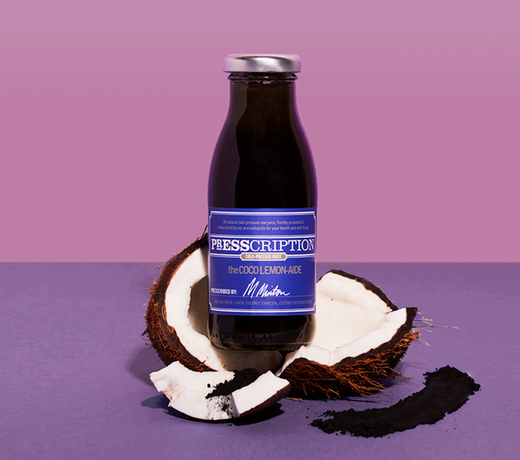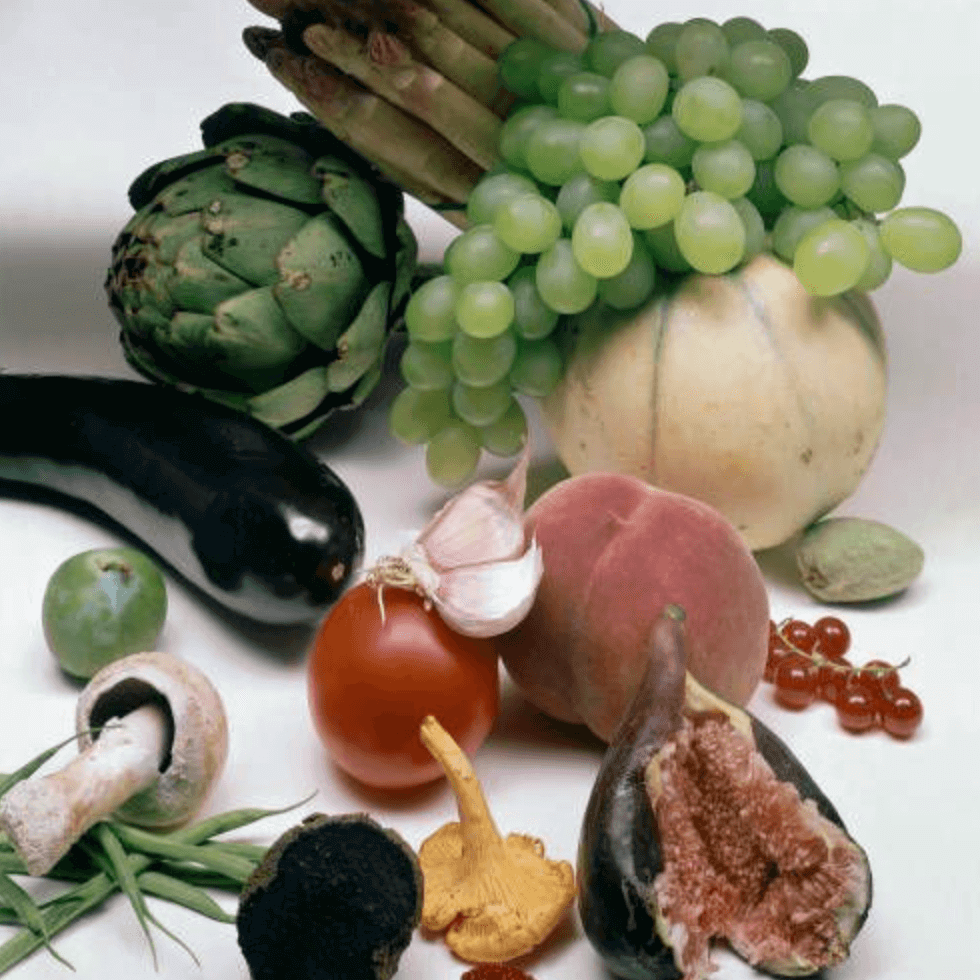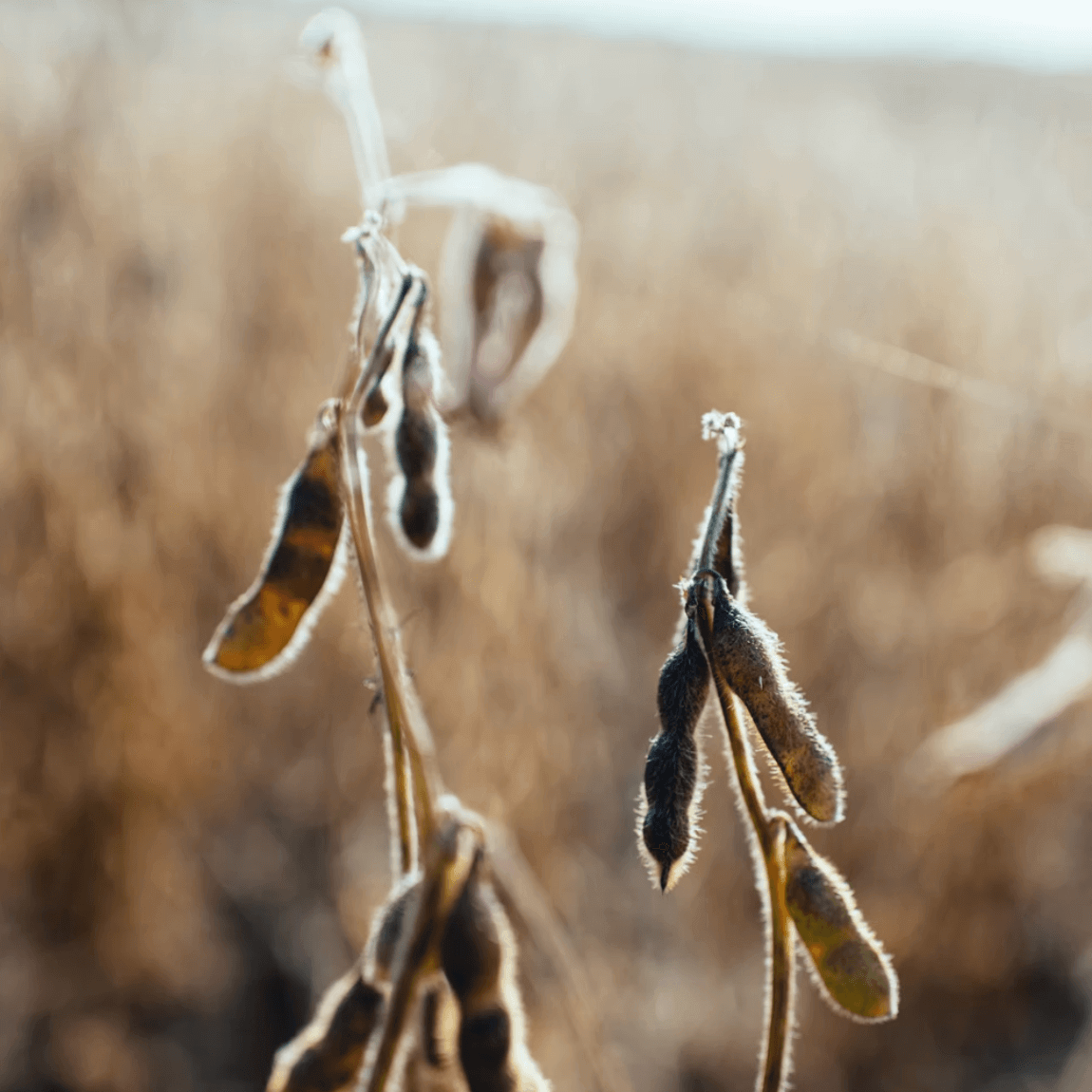Going Vegan? Things To Consider
Thinking about going vegan but worried you won’t get enough of the right nutrients, or enough protein?
Important things to know before going vegan:
-
Make sure you rotate and vary your intake of legumes, grains, veggies, fruits - otherwise you won’t gain enough of the key nutrients that are less abundant in plant foods (this is true vegan or not, but especially Important here).
-
B12 is the only thing that most people on a well thought out vegan diet lack. B12 is found in animal meat, dairy and eggs. Vegan B12 sources: shiitake or lions main mushrooms, sea veggies (kelp, nori, kombu and pulse) or chlorella.
-
Vitamin D - important for everyone especially now in winter, but especially for vegans. Go for sun soaked mushrooms or a supplement (I like the Better You spray with K2).
-
Iron & Protein - it’s a myth that vegans can’t get enough! Make sure to eat lots of legumes (lentils, chickpeas etc), dark green leafy veg, pumpkin seeds, quinoa, oats, chickpeas and combine these foods with vitamin C to up your absorption of iron (peppers, cruciferous veg and citrus fruits - eg a squeeze of lemon on some lentils).
-
Omega 3 fatty acids- vegans must rely on converting ALA (found in plant foods) to EPA and DHA. Oily fish for example, do this conversion for us, so by eating them we get EPA and DHA directly.
- Plant foods that are high in ALA include: chia/flax/hemp seeds and walnuts (including chia/flax seeds daily would be a good thing!).
- Omega 6 and omega 3 compete for the same enzyme for their conversion, so avoiding high intake of omega 6 is also important (avoid plant oils eg sunflower oil).
- Lastly, we need magnesium (dark green veg), zinc (beans, nuts, wholegrains) and B6 (oats, peanuts) as coenzymes to convert ALA to EPA/DHA, so make sure adequate intake of these too.
- Whilst TCM does not promote going vegan, it does say that only small amounts of animal meat should be consumed in one go, or very slow cooked meat - i.e. a slow cooked bone broth or stew as opposed to a hamburger!
Advantages of going vegan:
- Improved glycemic control - i.e. better blood sugar regulation (mostly from the increased amounts of fibre you eat with a plant based diet), especially important for diabetics.
- Lower risk of heart disease (cholesterol levels + blood pressure improves)
- Lower risk of most cancers. This is in part due to decreasing your intake of environmental contaminants like heavy metals which accumulate as you go up the food chain, increased anti oxidant intake and decreased intake of carcinogens (things that cause cancer) like heterocyclic amines which form when you cook meat.
- Lower risk of food borne diseases (e.coli, salmonella, listeria etc)
- Increasing antioxidant levels from eating more fruit/veggies also decreases inflammation in the body generally and helps battle many diseases
Better for the environment!
However, the common problem is people cut out animal products and instead replace them with pre-packed/processed foods full of unrefined sugar/carbs and trans-fats. If you are vegan, or are thinking about going vegan - please consider your diet carefully to make sure you are getting enough nutrients!
Lots of love,
Cassie x
As always, for more information or to book a nutrition consultation you can find me at:
Instagram: @vale.of.health
Website: https://valehealth.co.uk/
 Why Presscription?
Why Presscription? Why Cleanse?
Why Cleanse? Cleansing Tips
Cleansing Tips What's Pressing?
What's Pressing?


